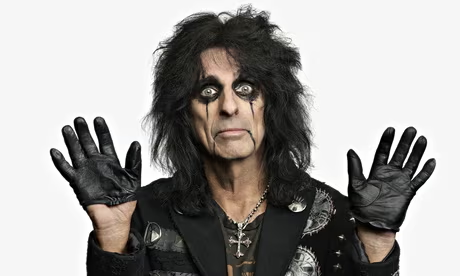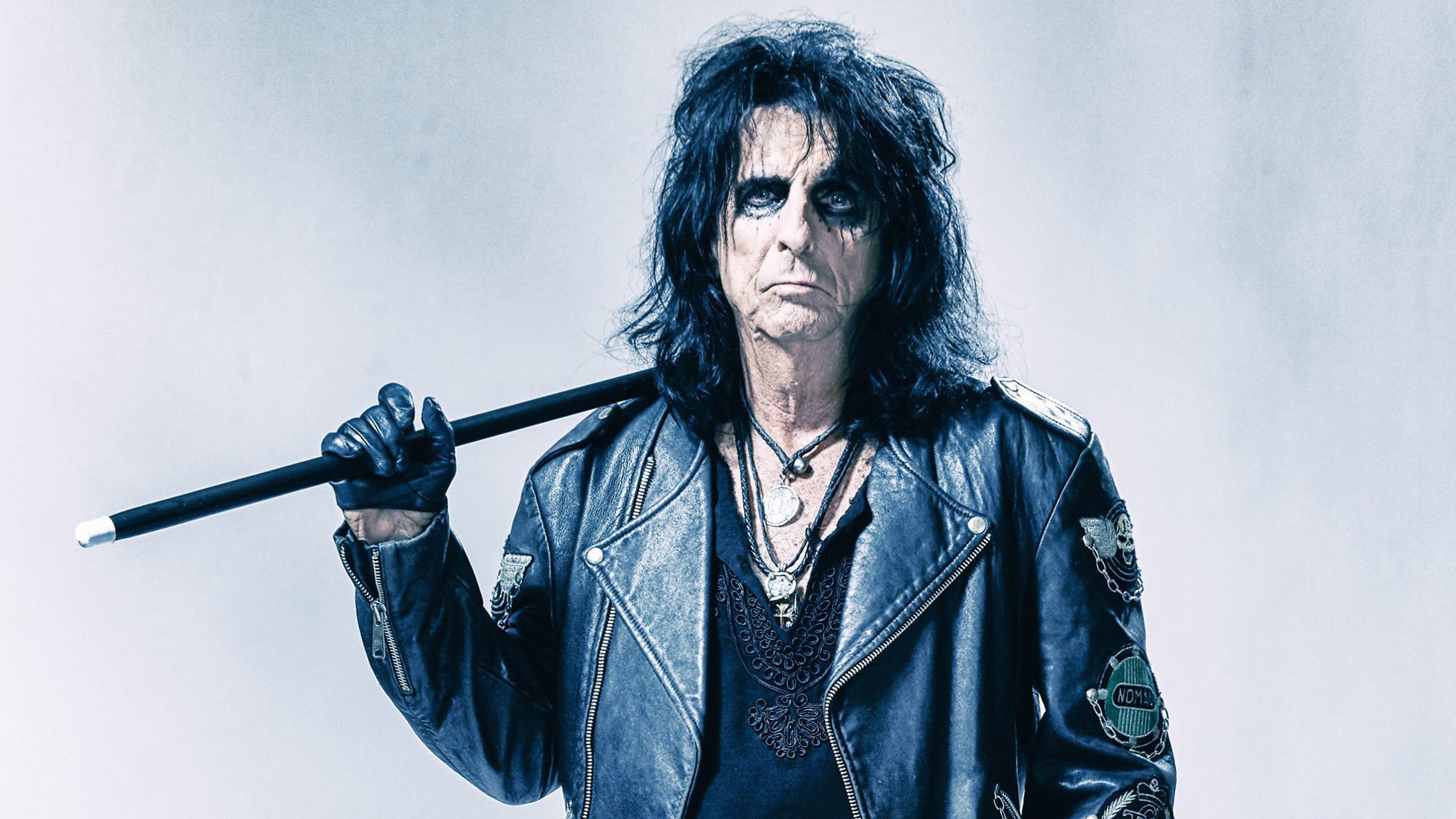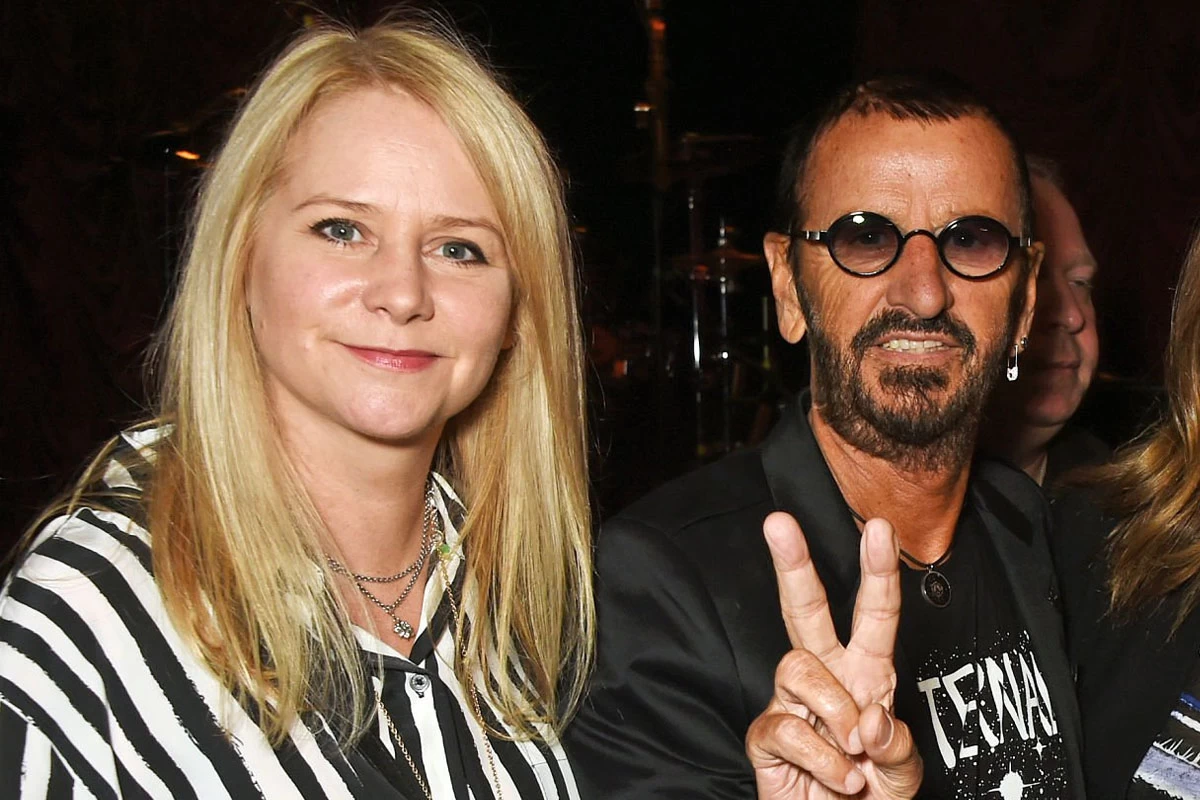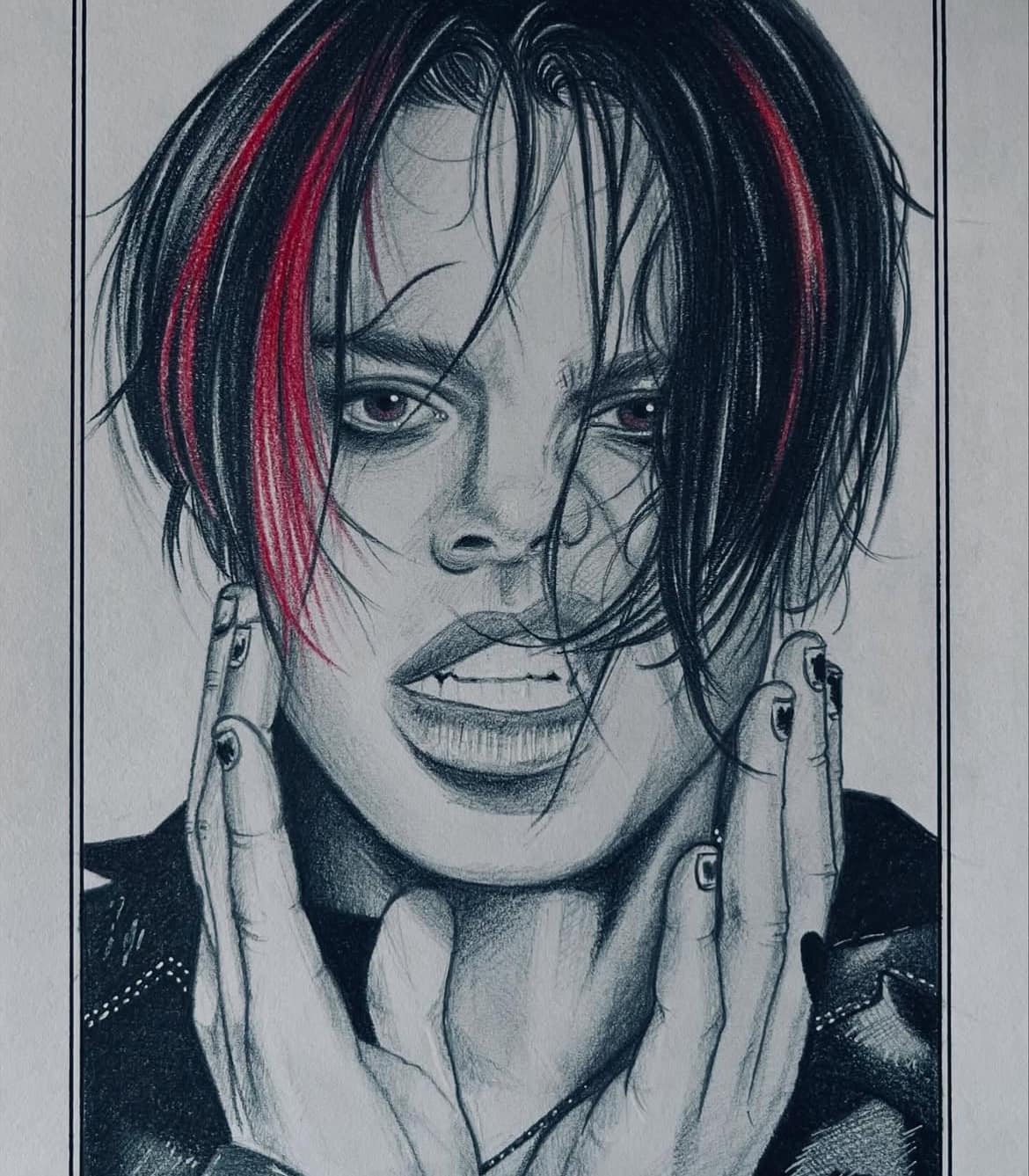🕶️ Introduction: A Song That Shook the Suburbs
It was 1972, the summer was heating up, and teenage rebellion had found its ultimate anthem: “School’s Out” by Alice Cooper. The song wasn’t just loud — it was loud enough to send PTA meetings into a frenzy, school boards into debates, and rock stations into overdrive. This wasn’t just a track; it was a statement.
More than five decades later, Alice Cooper’s “School’s Out” remains a cultural icon — beloved by students, feared by educators, and endlessly debated by parents. But beneath the guitars and the glitter, there’s a true story that explains why this song became one of the most controversial hits in rock history.
🎤 Origins: A Teenage Dream… and a Joke Gone Loud
Alice Cooper — both the band and its enigmatic frontman, Vincent Furnier — had already been raising eyebrows with their theatrical and sometimes grotesque performances. But it was a simple idea, born from a joke, that would change everything.
According to Cooper, the inspiration came from a casual conversation: “What’s the greatest three minutes of your life?” The answer? The last three minutes before school ends for summer.
From there, “School’s Out” practically wrote itself. It was raw, wild, catchy — and most importantly, relatable to every teenager on the planet. But what made it brilliant also made it controversial.
🔥 The Lyrics That Lit the Fire
“School’s out for summer
School’s out forever
School’s been blown to pieces…”
To teens, these lyrics were liberation. But to authority figures? They sounded like a declaration of war on the educational system.
In an era when conformity was still king and the idea of questioning school norms was taboo, Alice Cooper handed kids a rock-and-roll grenade. The imagery of a school being “blown to pieces” wasn’t taken lightly. The song was banned in multiple school districts, and conservative media painted Alice as a corrupter of youth.

But the band? They reveled in it. Rebellion wasn’t a side effect — it was the goal.
🎭 The Theatrics: How Alice Turned Controversy into Theater
What really elevated “School’s Out” from a hit to a cultural earthquake was Alice Cooper’s performance style.
When the band played the song live, school desks would explode, fake smoke filled the stage, and Alice would don a torn schoolboy uniform with smeared eyeliner — a vision of beautiful chaos. At a time when rock acts stood still in suits, Cooper turned the stage into a rock opera of teenage rage.
He wasn’t just singing about school — he was symbolically burning it down.
For parents used to Elvis or even The Beatles, this was shocking. But to the youth of the ’70s, Alice was a liberator, someone who spoke their language without filters.
📰 Media Panic: The Song That Made Headlines
No surprise — the backlash was swift. Newspapers ran headlines like:
“Rock Song Encourages Anarchy in Classrooms!”
“Alice Cooper Sparks Outrage with Anti-School Message!”
Radio stations faced boycotts for playing it. Teachers called for bans. But the louder the criticism, the higher the song climbed on the charts.
“School’s Out” hit No. 7 on the Billboard Hot 100 in the U.S. and No. 1 in the UK.
Instead of backing down, Alice leaned in. He understood something many didn’t: controversy sells, and rock ‘n’ roll thrives on it.
🎒 More Than Rebellion: The Genius Behind the Madness
But here’s the twist most missed in the panic — “School’s Out” isn’t mindless rebellion. It’s satire. It’s fantasy. It’s emotional truth told through theatrical exaggeration.
Alice Cooper was — and remains — a master of shock with substance. He knew teenagers didn’t really want to blow up their schools. They just wanted to be heard. To break free. To scream into the void that someone understood how they felt.
The song gave them that outlet — loud, theatrical, and unforgettable.
🧠 Alice Cooper the Intellectual (Yes, Really)
Beneath the make-up and snakes, Vincent Furnier (a.k.a. Alice Cooper) was — and still is — highly intelligent, thoughtful, and calculated. “School’s Out” wasn’t written by accident.
He was playing with archetypes — the strict teacher, the locked-down classroom, the caged youth — and flipping them into symbols of liberation.
Cooper often explained that the song wasn’t meant to encourage violence or anarchy. It was about the emotional high of freedom and identity, especially at an age where most people are still figuring out who they are.
In a world obsessed with rules, Alice gave permission to break them — even just for three minutes.
📻 Pop Culture Legacy: From Graduation Anthems to Movie Soundtracks
Today, “School’s Out” has become a universal end-of-school anthem. It blasts from speakers at graduation parties, features in coming-of-age films, and is shouted in unison by kids who’ve never even heard of glam rock.
It’s a staple in Alice’s live performances and often the closing number in his concerts — proof that the song still resonates, still excites, and still challenges the norm.
Even teachers secretly love it. Because deep down, we all remember what it felt like to watch that classroom clock tick toward freedom.
🧨 Why It Still Matters in 2025
In today’s world of over-stimulation and algorithm-driven music, a song like “School’s Out” reminds us of a time when raw energy and emotion were enough.
The reason it endures isn’t just nostalgia — it’s because its core message is timeless:
- Freedom is thrilling.
- Authority can be questioned.
- Youth deserves a voice.
In an age where education is rapidly changing — digital classrooms, mental health crises, student activism — the spirit of “School’s Out” is more relevant than ever. Not because we want to destroy school, but because we want to redefine it.

💬 Social Media Caption Ideas
- “1972: Alice Cooper gave kids their anthem. 2025: It still hits harder than summer sun. ☀️🎸 #SchoolsOut #AliceCooperLegend”
- “Before TikTok rebellion, there was Alice Cooper in eyeliner screaming freedom. #ControversialClassic”
- “School’s out forever — and this song still rules the end-of-year playlists. 🔥 #RockHistory #AliceCooper”
🧱 Final Thoughts: Why “School’s Out” Is More Than a Song
Alice Cooper’s “School’s Out” was never meant to destroy — it was meant to liberate. It was a shot of adrenaline into a generation that felt boxed in by textbooks, rules, and expectations.
And it worked. It made people mad. It made people think. And most importantly — it made people feel.
Whether you see Alice Cooper as a musical rebel, a misunderstood genius, or a glitter-drenched provocateur, one thing is clear: with “School’s Out,” he created something immortal.
Because no matter the year, the system, or the society — freedom will always sound like a guitar riff, a scream, and the ringing echo of a school bell fading into summer.


